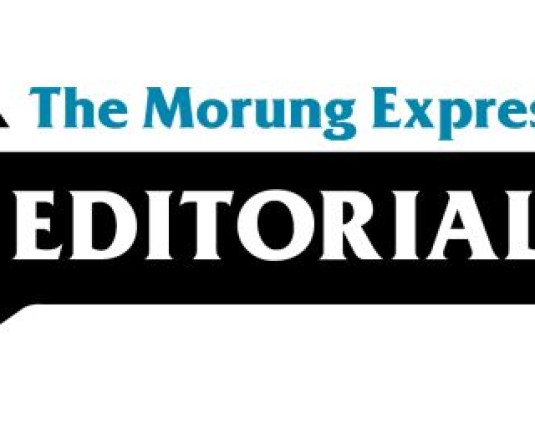
Imlisanen Jamir
In recent times, Nagaland has grappled with the challenge of fragmented decision-making, particularly concerning issues that affect the diverse tribes within the state. The proposal for an 'apex Naga tribal body' has emerged as a potential solution to unify these disparate voices, providing a united front to address the concerns that have often stalled key decisions. The recent meeting on November 21 at Hotel De Grand, Kohima, marked a significant step toward the establishment of such a tribal body, with the participation of key stakeholders, including members of the Nagaland Legislative Assembly and tribal representatives.
On the surface, the initiative appears commendable, aiming to streamline decision-making processes and foster a more cohesive approach to address the varied interests of different tribes. However, a closer look reveals a concern that leaves a bitter taste – the apparent driving force behind this initiative is the Nagaland State Government itself. While collaboration between civil society and the state is crucial for the welfare of the people, it raises questions about the independence and efficacy of a tribal body formed under the tutelage of the state.
Civil society, with its inherent lobbying powers, plays a vital role as a check on the government, ensuring that the state's authority does not overreach and that policies are crafted for the long and short-term benefit of the people and the land. The primary purpose of civil society is to act as a counterbalance, preventing the concentration of power and advocating for the interests of the populace. When civil society aligns itself too closely with the government, there is a risk that its watchdog function may be compromised, leading to a lack of accountability and transparency in decision-making processes.
To underscore the need for an independent and robust civil society, it is essential to realize that civil society organizations have played a pivotal role in holding governments accountable. In Nagaland, an apex Naga tribal body should ideally derive its strength from an autonomous civil society, ensuring that it remains a watchdog rather than becoming a mere extension of the state apparatus.
It is imperative to strike a delicate balance between collaboration and independence. Civil society's lobbying powers must remain a vigilant instrument for keeping the government in check, safeguarding our diverse interests and upholding the principles of accountability and transparency in decision-making processes.
Comments can be sent to imlisanenjamir@gmail.com






